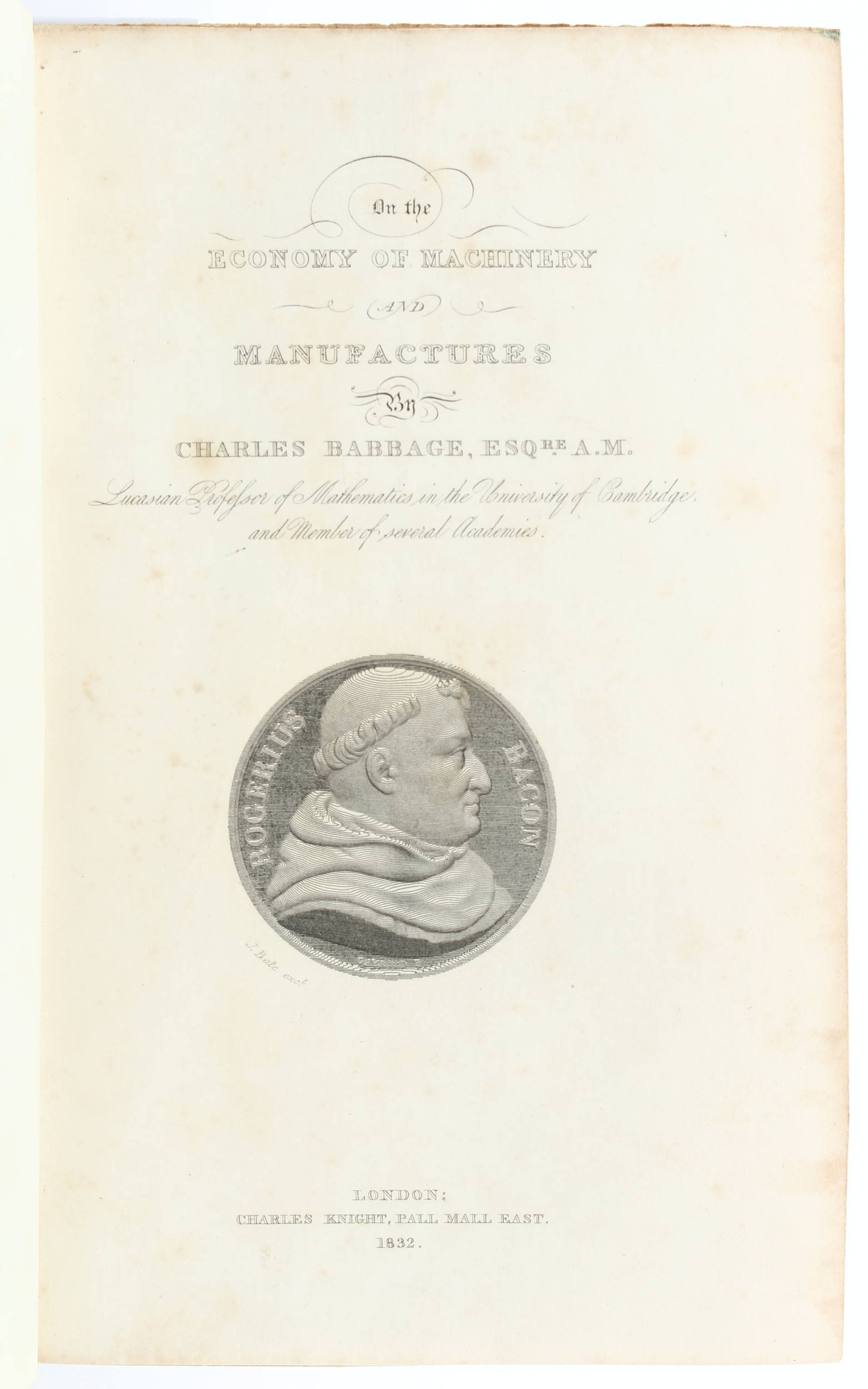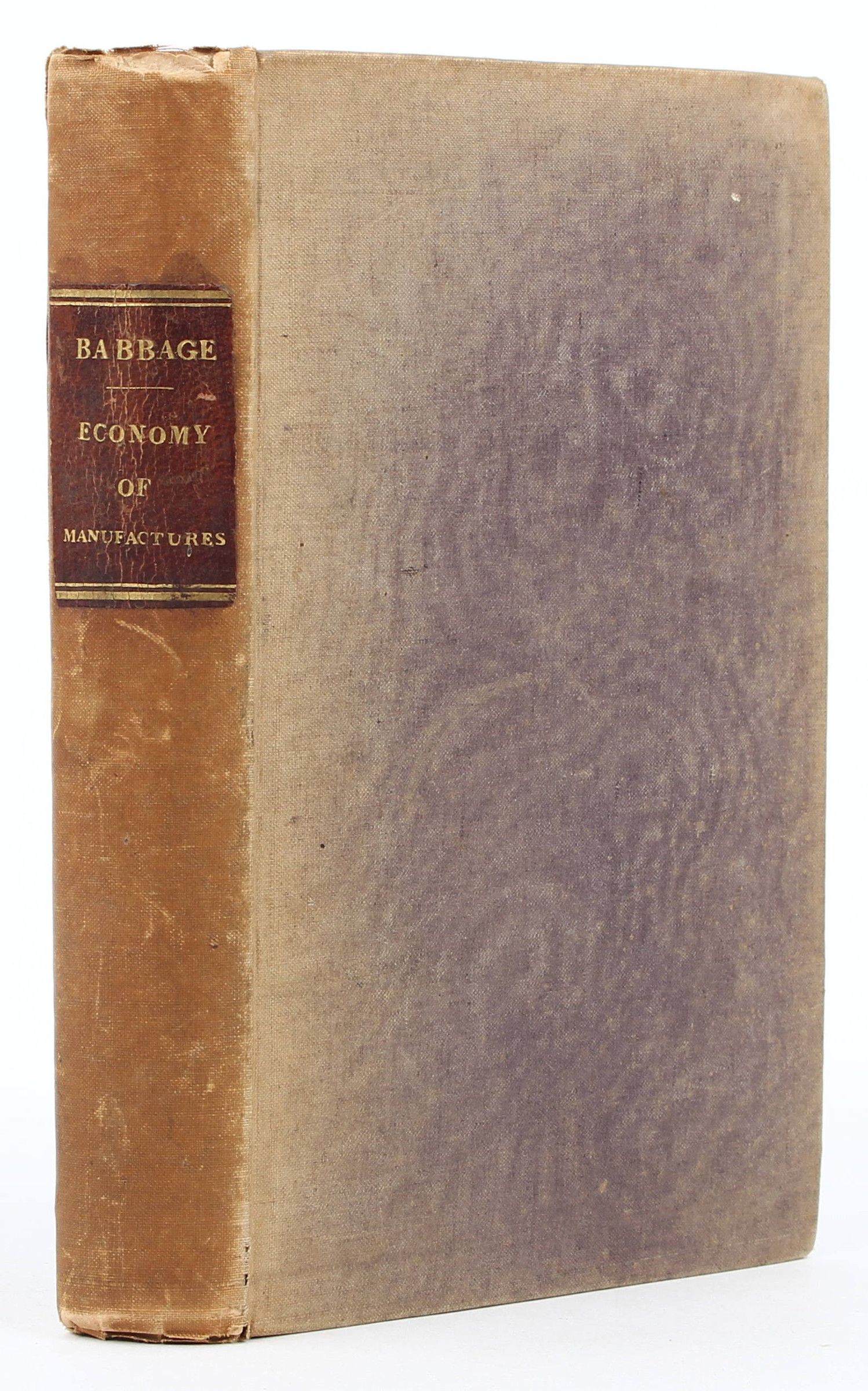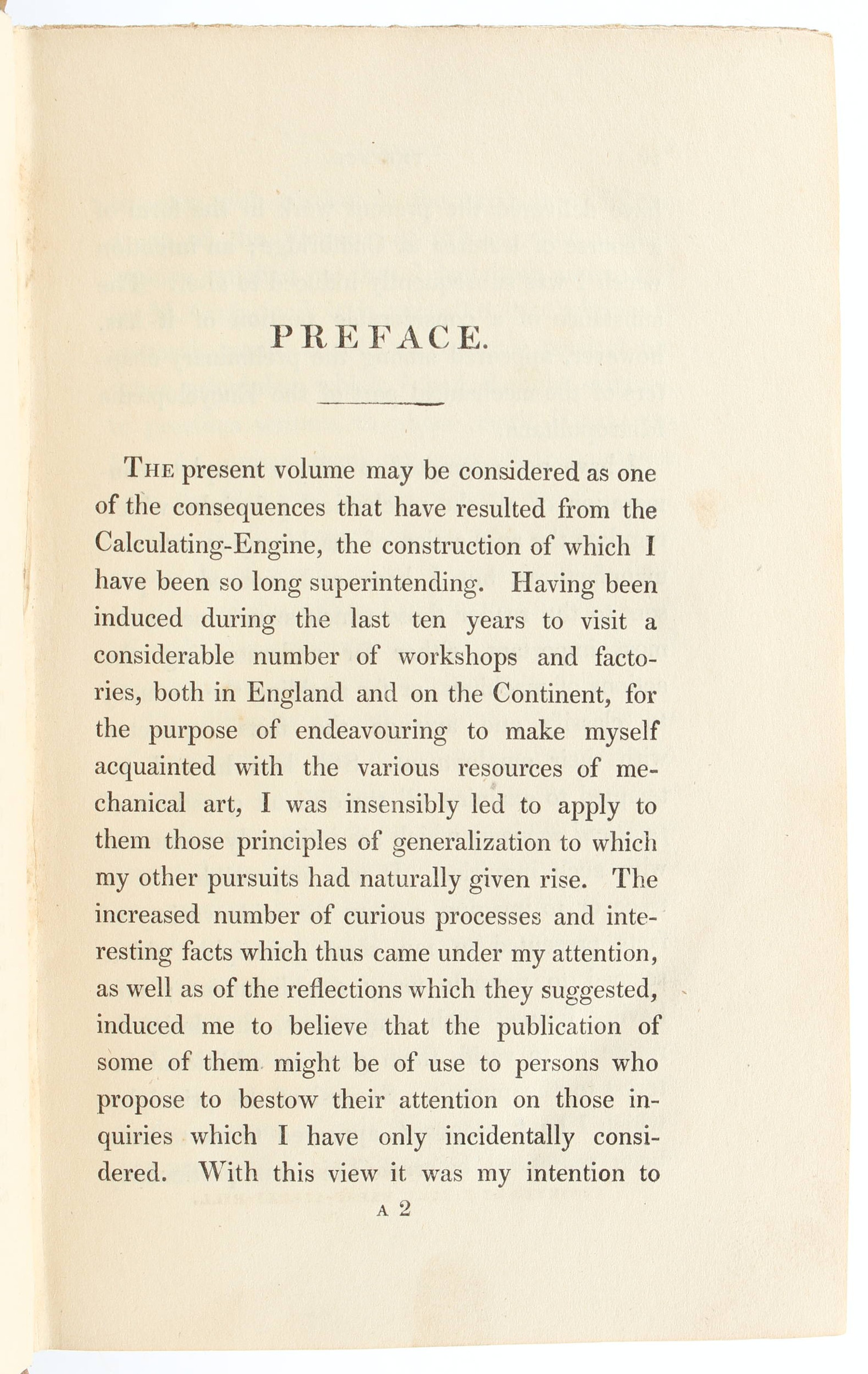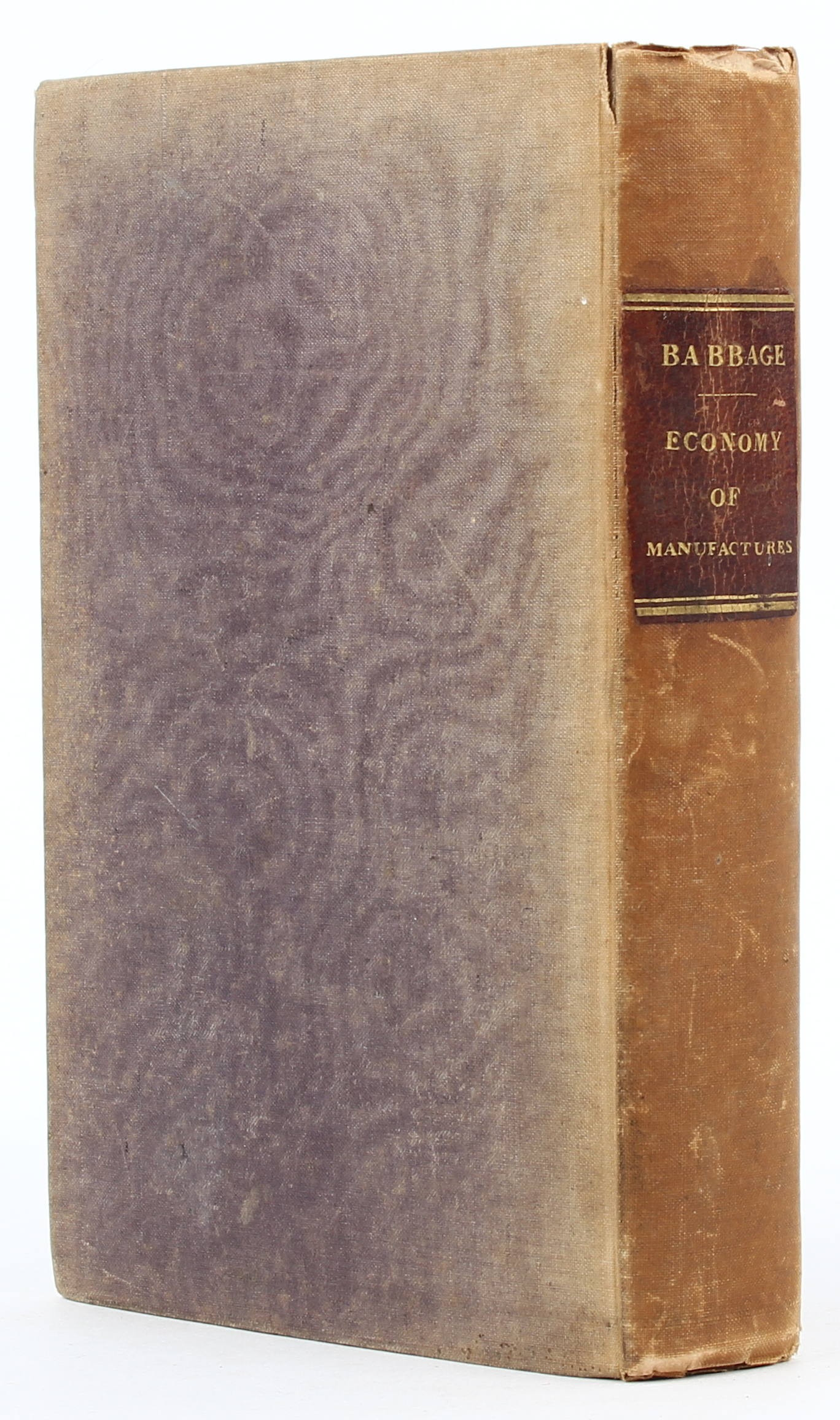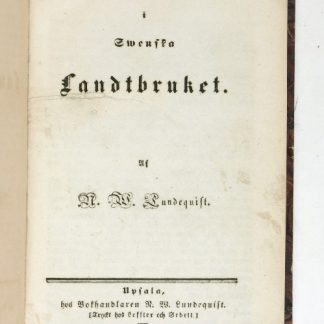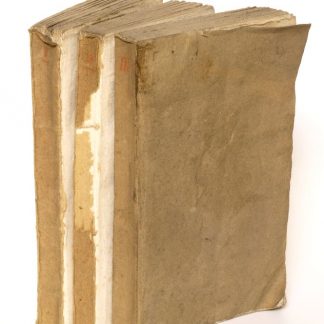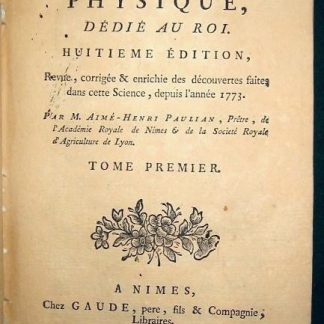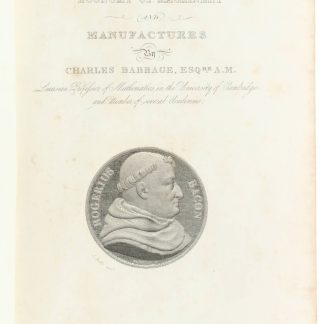First edition of the work which introduced the "Babbage principle"
On the Economy of Machinery and Manufactures.
8vo (116 x 177 mm). XVI, 320, (2) pp. With engraved title-page. Purple cloth, titled in gilt on red morocco spine label.
€ 4,000.00
First edition of this work by the great English mathematician, philosopher, and mechanical engineer Charles Babbage, the "father of the computer" and a tireless polymath who founded the Royal Astronomical Society, invented the first mechanical computer, and was professor of mathematics at Cambridge (apocryphally, without ever delivering a lecture). It was this wide variety of research interests, and particularly the combination of abstract mathematical skill and technical, hands-on engineering abilities which made Babbage perfectly suited to the first stirrings of the computer age. While he died before his machines could be completed, Babbage's publications had already laid the groundwork for those who would follow him, and covered not just computers but much of the vital topics of a new, industrialized age.
The present work was Babbage's main contribution to economics and manufacturing processes. On the Economy of Machinery and Manufactures "marked the beginning of what would later be called operations research, i.e., the scientific analysis of any operations controlled by managers". Babbage was also "the first British political economist to acknowledge England's transition from an agricultural to an industrial economy" (Norman). The book spawned the "Babbage principle", though Babbage himself admitted that others had discussed it before him, which streamlined factory work by dividing labour into high-skilled and high-wage workers and low-skill, low-wage workers. Popularized by his book, this concept had a knock-on effect on economic philosophy throughout Europe and America, and was discussed in works by Karl Marx, John Ruskin, and John Stuart Mill.
Cloth sunned, otherwise in very good condition.
Kress C.3013. Goldsmiths 27346. Norman 92.

